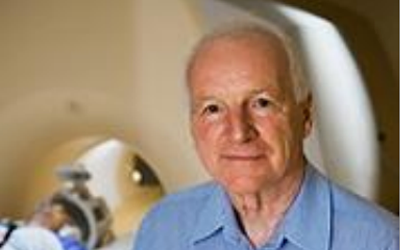Graduate student Paul Cocker, at the University of British Columbia, is exploring the potential of blocking dopamine D4 receptors to reduce compulsive behaviors like gambling, shopping, and hypersexuality, which affect some people with Parkinson’s disease as a side effect of dopamine-replacement drugs. Using a rodent model, Cocker aims to determine if inhibiting these receptors can alleviate such behaviors, without affecting the medication’s ability to treat motor symptoms.
Investigating the Potential Efficacy of Dopamine D4 Receptors in Alleviating Compulsive Gambling in Parkinson’s Disease
read more


